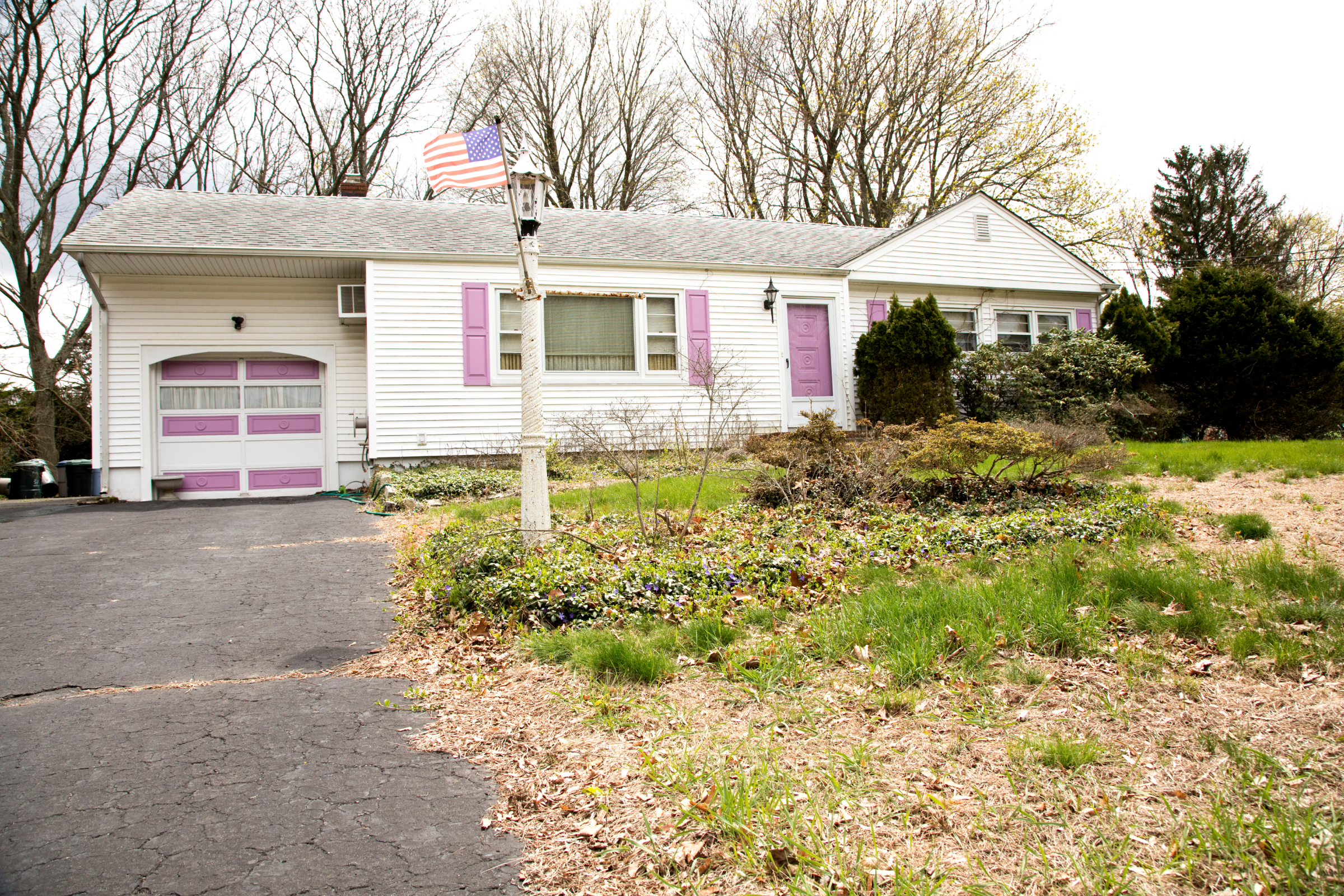When considering the value of a property, most people focus on tangible factors such as location, square footage, and physical condition. However, there is another, less obvious factor that can significantly impact a property’s value: stigma. A stigmatized property is one that has a history or association that can be perceived as unpleasant, disturbing, or even taboo. In this article, we will explore the concept of stigmatized properties, their impact on real estate, and how to navigate them in the market.
What is a Stigmatized Property?
A stigmatized property is one that has been associated with a traumatic or unsettling event, such as:
- Murder or suicide
- Hauntings or paranormal activity
- Drug activity or criminal behavior
- Environmental contamination
- Tragic accidents or disasters
These events can leave an emotional scar on the property, making it difficult for potential buyers or renters to feel comfortable occupying the space. The stigma can also spread to the surrounding community, affecting the property’s value and desirability.
Impact on Real Estate
Stigmatized properties can have a significant impact on real estate, including:
- Reduced property value: Stigmatized properties often sell for lower prices or take longer to sell due to the perceived risk or discomfort associated with the property.
- Increased marketing challenges: Real estate agents may struggle to market the property effectively, as the stigma can overshadow the property’s positive features.
- Legal considerations: In some cases, sellers or agents may be required by law to disclose the property’s stigmatized history to potential buyers.
Navigating Stigmatized Properties
If you are considering buying or selling a stigmatized property, here are some tips to keep in mind:
- Research the property’s history: Understand the nature of the stigma and how it may impact the property’s value.
- Consult with a real estate expert: Work with a knowledgeable agent or broker who has experience with stigmatized properties.
- Weigh the risks and benefits: Carefully consider the potential drawbacks and whether the property’s value and location outweigh the stigma.
- Focus on the property’s potential: Instead of dwelling on the stigma, emphasize the property’s positive aspects and potential for renewal.
Final thought,
Stigmatized properties present unique challenges in the real estate market. By understanding the impact of psychological factors on property value and navigating these complex situations with care, buyers, sellers, and real estate professionals can make informed decisions and unlock the potential of these properties.



